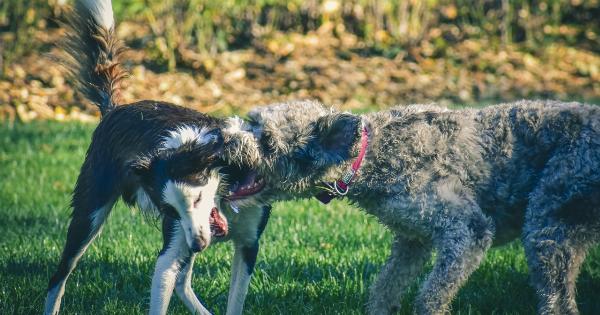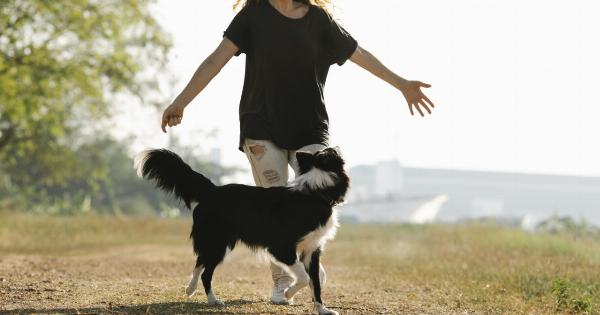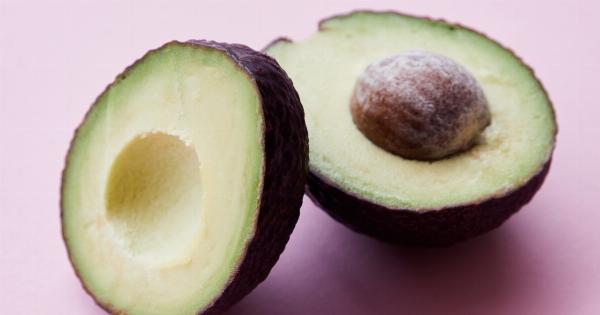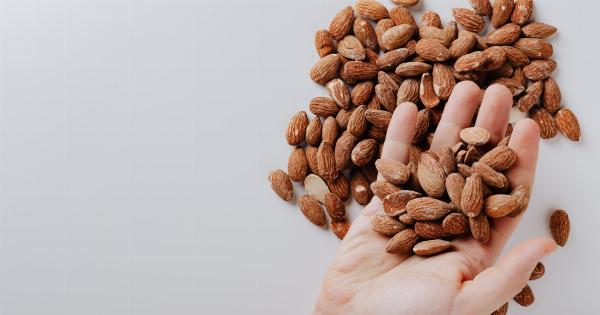Whether you have a new puppy or an adult dog, their nutritional needs will change as they mature. A dog’s diet is essential to their health and overall wellbeing.
Just like humans, dogs have different nutritional requirements depending on their age, breed, size, and activity level.
Puppyhood (0-6 months)
During their first six months of life, puppies grow at an exponential rate. This growth requires a high-protein diet to support muscle and tissue development, as well as the calories needed for energy.
A puppy’s diet should consist of 25% to 30% protein, with the majority of it coming from animal sources. Puppies also need more fat than adult dogs to fuel their growth and development. However, it is essential to avoid overfeeding them because excess weight can place pressure on their growing bones and joints.
Puppies also require more frequent feedings than adult dogs. Most puppies need to eat three to four times a day to maintain their energy levels.
It is essential to provide them with a consistent feeding schedule, as well as enough water to keep them hydrated.
Adolescence (6-18 months)
Once a puppy reaches six months of age, they begin to lose their baby teeth and grow permanent ones. During this transition, they may experience discomfort and may need a softer diet.
It is important to ensure that their diet contains the right nutrients and consistency to support dental health. A healthy diet for an adolescent dog should include a balance of protein, fat, and carbohydrates. However, it is crucial to avoid overfeeding as rapid growth can lead to weight problems during adulthood.
It is also essential to monitor the frequency and amount of food given to adolescent dogs. Most dogs can maintain a feeding schedule of two to three times a day during this period.
However, larger breeds may require more frequent feedings to ensure proper nutrient intake and avoid future health problems.
Adulthood (1-7 years)
Once a dog reaches adulthood, their nutritional requirements change. Adult dogs require less fat and protein in their diet to support their energy needs.
In contrast, they need more fiber and carbohydrates to maintain proper digestion and maintain good health. Adult dogs also require less frequent feedings, with most dogs requiring only one or two meals a day.
It is important to keep a close eye on adult dogs as they are more prone to weight gain and obesity. Owners should monitor their dog’s calorie intake and adjust their diet accordingly.
Paying attention to portion sizes and choosing high-quality, low-fat dog foods can help keep adult dogs healthy.
Senior Years (7+ years)
As dogs age, their nutritional requirements shift again. Senior dogs require a lower calorie diet than adult dogs because their metabolism slows down. They also need fewer carbohydrates and more protein to maintain muscle mass.
Senior dogs may also develop health problems such as arthritis or gastrointestinal disorders that require special diets. A healthy diet for senior dogs should include fiber to aid digestion and high-quality sources of protein, such as chicken or fish.
Senior dogs may also have dental problems that make it difficult for them to eat certain foods. Owners should monitor their dogs for dental issues and adjust their diets accordingly. Soft foods, moistened kibble, or specialized diets may be required.
Conclusion
Dogs’ nutritional needs change as they grow and mature. Owners must provide the right food, in the right amounts, to support their dog’s health and overall wellbeing. Puppies and adolescent dogs require a higher protein and fat diet to support growth.
Adult dogs need fewer calories and less fat, while senior dogs require fewer calories and more protein. By paying attention to their dogs’ dietary needs and making changes as appropriate, owners can ensure that their dogs live long and healthy lives.































